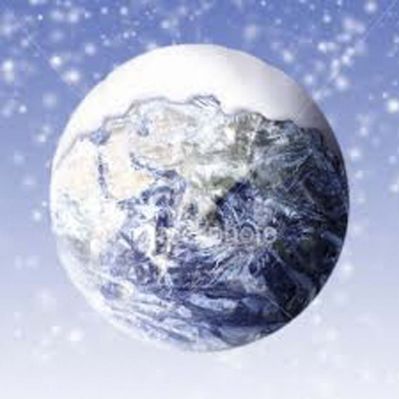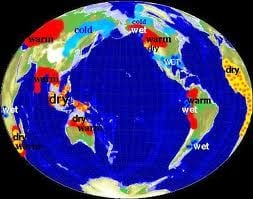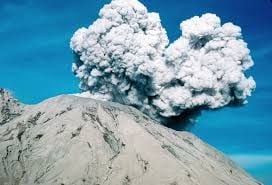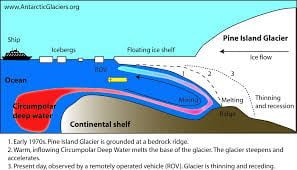
Are Global Warming Advocates Just Full of Hot Air? Is Global Cooling a More Accurate Characterization?
The Intergovernmental Panel on Climate Change (IPCC) released Part 5 of its global warming warning in January 2014 to let the world know how perilous continuation on the present industrialization path should be perceived in the context of climate change. https://www.ipcc.ch/report/ar5/wg1/
At just about the time that report was coming out, snow covered Cairo for the first time in 112 years. http://www.huffingtonpost.com/2013/12/13/cairo-snow_n_4441049.html
In the United States, 2013 showed the largest one-year temperature drop ever recorded, and that year now stands as one of the coldest in history. http://iceagenow.info/2013/12/2013-ten-coldest-years-history/
The volume of Antarctic ice has reached record high levels this year. http://www.reportingclimatescience.com/news-stories/article/latest-data-shows-arctic-ice-volume-has-increased.html And new data about the level of the Antarctic land mass shows how wrong past judgments have been due to faulty data. http://www.bbc.com/news/science-environment-21692423
From HFS analysis, investors closely watching weather for signals on when to buy and sell stocks related directly to temperature changes, no one should depend on any IPCC reports. What can investors depend on?
One answer has been offered by http://www.accesswire.com in a three-part series of analyses based on less popular yet reliable weather data. In a recent publication of the first part, ‘global cooling’ most accurately describes how weather is now changing and how it will most likely continue to change over the next two decades. Here at HFS, we call that a trend. The trend appears to be measured almost exclusively on the basis of sun activity, not human activity on earth. Such a new and perhaps radical view of climate change, from an investor’s standpoint, deserves close watching. What do you think?


 Volcanic Ash Accounts for Warming Slow-down, Maybe More
Volcanic Ash Accounts for Warming Slow-down, Maybe More Antarctic Ice Thaw To Flood For Decades Even Without Global Warming
Antarctic Ice Thaw To Flood For Decades Even Without Global Warming